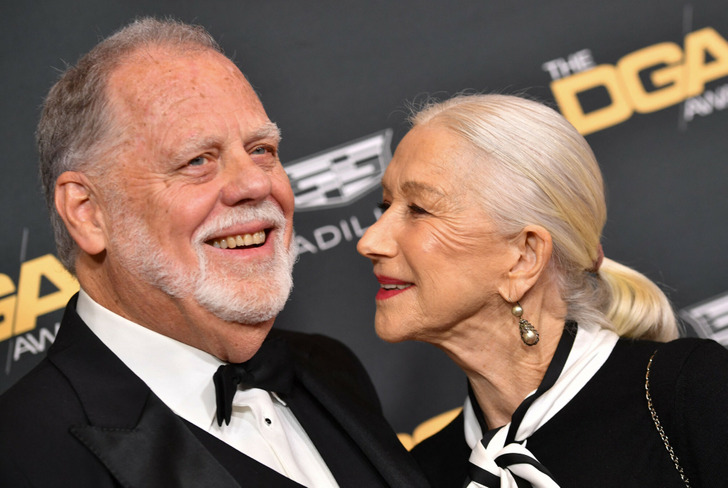
A lot of big, tragic and important things have happened to this wonderful country of ours since April 2014. None of which I have covered. I was too busy writing about hungover parenting, ancient philosophy and my dog Colin.
Out of the 536 columns I have written, 27 were about that guy. Far too few. He is such a good boy, he deserves an article a week.
Today is the end of an era for me, and whenever these final events pop up in our lives, we can’t help but think about the ultimate end.
Everything we do, we will one day do for the last time. That’s why you have to enjoy things while they are around. It’s not just big events like leaving a job, house or loved one either. Whatever moment you happen to be in now, you will never get it back, and you don’t know how many more you have.
Everything we do in life, from eating pizza to spending time with the people we love, to driving, writing, drinking or breathing, we will one day experience for the final time. It might happen tomorrow. This can be either a depressing or an inspiring thought, depending on how you look at it.
A few years back in this column, I interviewed professor of philosophy William B Irvine, of Wright State University, Ohio, on this very topic. He put it this way on a Zoom call: “Recognition of the impermanence of everything in life can invest the things we do with a significance and intensity that would otherwise be absent. The only way we can be truly alive is if we make it our business periodically to entertain thoughts of the end.”
Today’s column is very meaningful to me because it is my last. Like the last night with a lover before she goes overseas. And just like a lover, there have been some half-arsed efforts put in from me over the years. Last week, for example, I spent 750 words moaning about how bad my cricket team is. But the truth is that any of my columns could have been the final. If I had reminded myself every week for the past 10 years that the end is inevitable, I may have been more grateful for having a column and appreciated writing them all as much as I am this one.
While everything we do could have more meaning with a focus on finitude, some things are inherently more worthwhile than others. There is no doubt my column “The pros and cons of wearing Speedos” from November 2022 was less meaningful than most things in this world. That was a waste of everyone’s time. So, if we only have so much time, how do we pick the best things to do?
Well, Oliver Burkeman, the author of Four Thousand Weeks – Time Management For Mortals, suggested this to me in a 2022 column: “Ask yourself, does this choice enlarge me? You usually know on some unspoken level if it does. That’s a good way to distinguish between options.”
With that in mind, I don’t feel great about my 2018 article on “New Zealand’s best hole”. That didn’t enlarge anyone.
There will be people reading this column right now who have loved my writing in the Herald and are sad to see it end. Others will have hated it and are glad to see me go. Many won’t have any opinion at all. But for those in the first camp, I have good news. I have a book coming out on May 28 called A Life Less Punishing – 13 Ways To Love The Life You Got (Allen and Unwin Book Publishers). It’s a deep dive into the history, philosophy and science of not wasting our time lost in anger, loneliness, humiliation, stress, fear, boredom and all the other ways we find to not enjoy perfectly good lives. It’s available for pre-order right now (google it if you’re interested).
A Life Less Punishing took me two years to write and is equivalent in words to 100 of these columns. Which would be a complete nightmare for those in the hate camp, but as I say, great news for those who want more.
Anyway, thanks to the Herald for having me, thanks to the lovely people who make an effort to say nice things to me about my column nearly every day and thanks to the universe for every single second we get.
Bless!
“I Was Trying to Look Good for My Husband,” Helen Mirren, 78, Stuns Public With Bikini Photoshoot, Proving Age Is Just a Number
Dame Helen Mirren, 78, has been an emblem of grace and style on the red carpet since the late 1970s. She’s amazed the audience many times with her daring outfits and looks, but this time, she’s caught everyone’s attention in a whole new way. Many people were stunned when they saw a photo of the actress in her bikini on vacation in Italy.
She admits that this photo will ’haunt’ her for the rest of her life.

In 2008, Helen Mirren, at that time 63 years old, stunned the public with her bikini photoshoot. The photo quickly went viral. The Oscar-winning actress became something of a post-mid-life beauty symbol. Reflecting on the photo, Mirren expressed, “I think this thing will haunt me for the rest of my life,” as she was surprised to see this photo in all the major tabloids.
The actress also revealed she was just trying to look good for her husband, Taylor Hackford, “So we were there, swimming a little bit, lying in the sun, and Taylor said, ’Stand up, I want to take a picture of you.’ So I stood up and sucked my tummy in because my husband was taking my photo. I tried to suck my cheeks in. I tried to look good.”
This unexpected fame opened up some business opportunities for her.

Simon Mirren, Helen’s nephew, said that his aunt received a lot of business prospects but showed no interest in capitalizing on this photo. Simon recalled, “I begged her to turn us all into millionaires by marketing bikinis after everyone went wild over her fit bikini body but she said absolutely no. She won’t brand herself like that.”
It’s not the first time an actress has challenged age stereotypes.

The actress unveiled her “radical” hairstyle while promoting her role as Hespera, the villain in Shazam! Fury of the Gods. The actress acknowledged that after growing her hair, she kind of liked it and didn’t feel like cutting it.
During a recent TV appearance, Mirren challenged the fact that older women are discouraged from having long hair because it tends to thin with age. The actress refuted this notion, stating that there is a general belief that one should not have long hair after a certain age.
The Oscar-winning actress hasn’t had long hair since her twenties. She liked the way it looked and decided to keep it. “I thought, do you know what, it’s pretty cool, I think I’ll stick with it for a little while. It will come off eventually…but I’m kind of enjoying it, it’s quite radical,” the actress said.
Mirren also expressed her pride in representing women over 60, stating that creativity, passion, and energy do not stop unless one decides to stop them. “So it’s just self-motivated, really, and never give up. And find enjoyment, if it’s possible in your life,” she shared.

Dame Helen Mirren has also been vocal about defying beauty standards for older women, citing that her generation has been subject to ageism for too long. She also voiced her frustration with beauty products being marketed with 15-year-old models in a 2019 interview.

The actress has her own views on beauty too, and it’s refreshing to hear someone in the public eye acknowledge that the idea can be exclusionary and make people feel insecure about themselves. “They’ll think, ’Well, I’m not very beautiful. It’s all very well for all these beautiful women, but I don’t feel beautiful,’” she explained.
For Mirren, it’s important for everyone to feel confident and fabulous, regardless of their looks. “Being powerful is so much more interesting than being beautiful,” the actress has always thought.

On a different note, Mirren revealed that she performed her own stunts on the set of Shazam! Fury of the Gods. “I was incredibly brave and didn’t say anything or complain because I wanted to be a real ’stunty’ person,” the actress proudly shared.
It’s great to see actors who are dedicated to their craft and willing to take risks for their performances.
Demi Moore, 61, also fights stereotypes that older women shouldn’t wear bikinis in her latest video, but the public is divided.



Leave a Reply